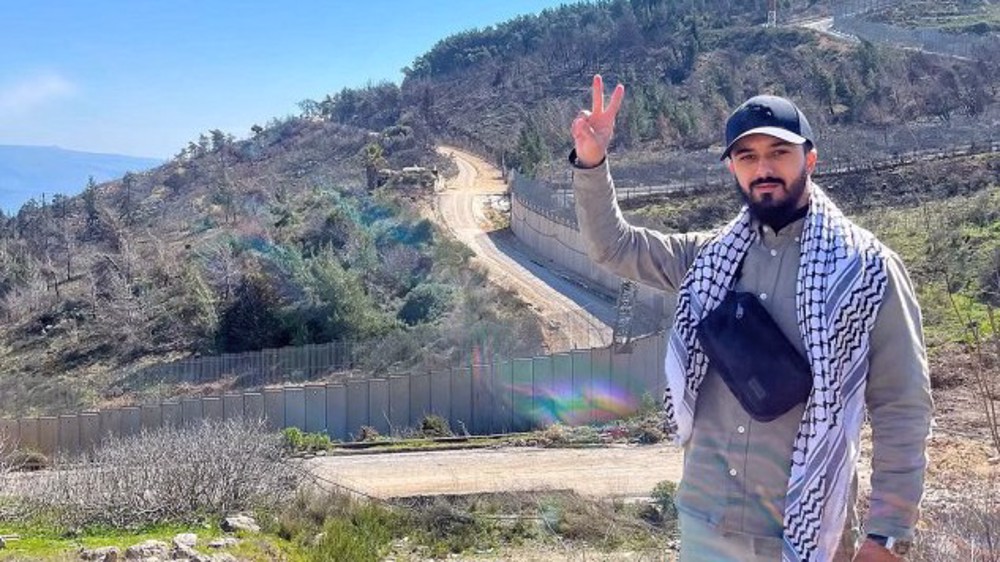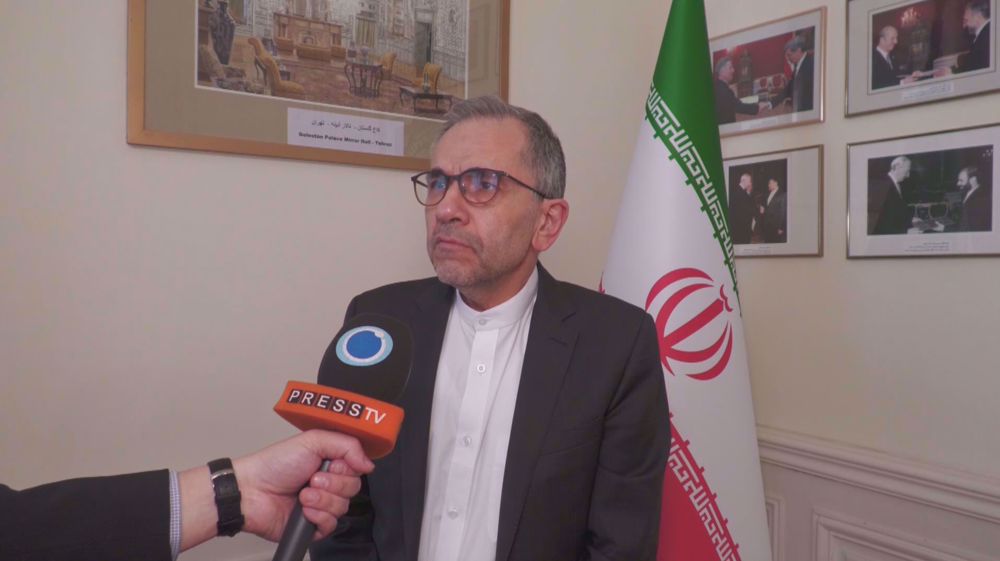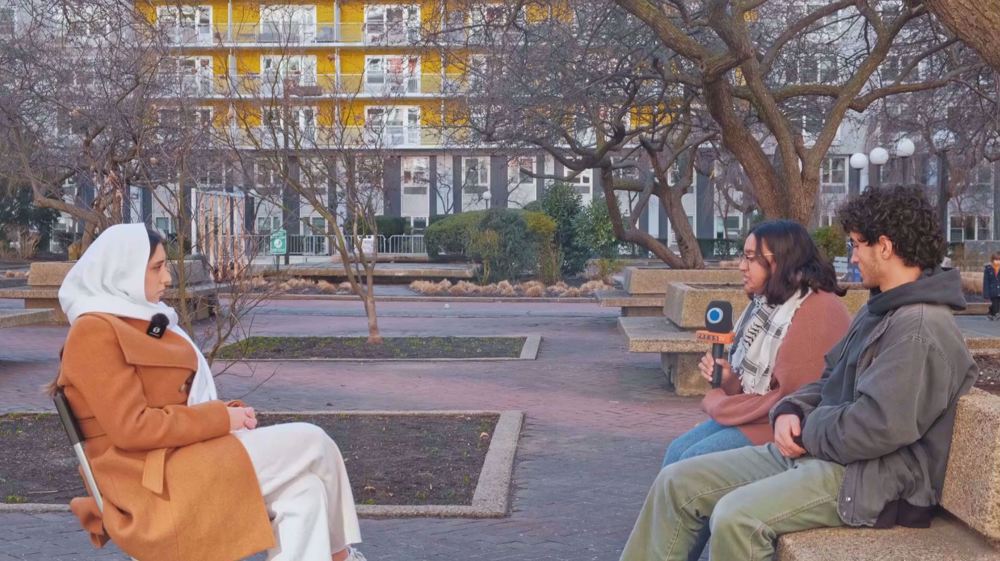Turkey more of a problem to Syria rather than solution: Analyst
The Iranian, Russian and Turkish foreign ministers are set to hold a trilateral meeting in Moscow on Tuesday to discuss the unfolding situation in Syria. The developments in the strategic northwestern city of Aleppo, including the evacuation of terrorists and the humanitarian situation will be on the agenda.
A writer and radio host believes Turkey is really more of a problem rather than a solution to the conflict in Syria, voicing doubt about Ankara’s intention to facilitate anything positive in the war-torn country.
“There is information that Turkey is integrating terrorists already evacuated from Aleppo into its Euphrates Shield operation in northern Syria. In other words, wanting to use these terrorists mixed with their own soldiers to combat Syria to whatever it is doing in northern Syria instead of going against these terrorists,” Stephan Lendman told Press TV in an interview on Monday.
He also stated Turkey has been a major supplier of arms to terrorist groups, adding that these groups have had easy access across the border into Syria with Ankara’s facilitation.
The analyst went on to say that Turkey has come around a little bit but it is still mostly on the wrong side of the conflict in Syria.
However, he expressed hope that Russia and Iran can convince Turkey to change its stance more.
Lendman further opined that if US President-elect Donald Trump follows through his promise to work with Russia in the fight against terrorism, it will be the best chance to finally bring the Syria war to an end.
The Syrian army has recently liberated the flashpoint city of Aleppo from the clutches of foreign-backed militants.
Following the liberation of Aleppo, hundreds of residents of two villages under the militant siege, arrived in Aleppo under a deal that also saw the evacuation of thousands of militants from the flashpoint city.
Since March 2011, Syria has been hit by militancy it blames on some Western states and their regional allies. The so-called Syrian Observatory for Human Rights and the UN have put the death toll from the Syria conflict at more than 300,000 and 400,000, respectively.

Shahin Hazamy arrested primarily for his viral pro-Palestine social media posts: Filmmaker

Press TV interviews Iran deputy FM on nuclear program, sanctions relief

The price we paid for freedom
Iran’s foreign minister says ‘satisfied’ with progress in talks with US
MSF: 70% of burn victims in Gaza are children, little chance of recovery
Trump, Zelensky hold 'productive' talks ahead of Pope's funeral in Rome
Explainer: What is the significance of Shahid Rajaee Port for Iran?
Iran, US conclude third round of indirect talks in Oman
The case of Raffi Berg and BBC: Zionist infiltration of the mainstream media
No talks on tariffs between China, US: Chinese Foreign Ministry
Hamas: No partial truce, only comprehensive deal acceptable











 This makes it easy to access the Press TV website
This makes it easy to access the Press TV website